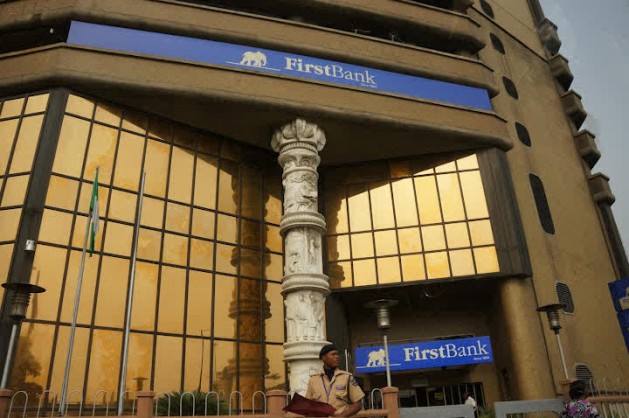The banking industry lost N1.1 trillion in total assets as a result of compliance with the requirements of the International Financial Reporting Standard (IFRS) 9 on recognition of bad loans.
Among others, IFRS 9 mandates that banks estimate and book an upfront, forward-looking expected loss over the life of any loan granted and monitor for possible default. This resulted to increase in provision for bad loans (impairment for credit losses) by banks.
The above requirement, according to Agusto & Co, Nigeria’s leading bank rating firm, led to the loss of N1.1 trillion in total assets by the Nigeria banking industry in 2018.
Ada Ufomadu, Agusto & Co analyst, disclosed this while presenting the company’s report on the Nigeria Banking Industry.
She said: “In 2018 the assets of the banking industry were about N33.3 trillion and we think in 2019 growth will be driven largely by the fact a lot of banks are raising capital.
In 2018 there was the IFRS 9 accounting principle that was introduced to the banking industry and it had a significant impact on capital. The industry lost about N1.1 trillion from banks’ capital. So what we are seeing now is that banks are trying to recoup these losses, banks are raising Tier 2 capital. Some banks have come to the market to raise capital in the form of Tier 2 bonds. So we think that will be a major driver of assets in 2019.”
Speaking on the company’s outlook for loan growth in 2019 against the backdrop of the minimum Loan to Deposit Ratio (LDR) of 60 percent recently ordered by the Central Bank of Nigeria (CBN), Ufomadu said, “We don’t think that banks will lend more to meet the 60 percent LDR because of the credit risk involved. As a bank, I don’t think they will just start giving out loans because they are trying to meet with a regulatory requirement.
“At Agusto & Co, we believe that there might likely be an extension of the deadline for meeting the LDR. We see banks responding by reducing their deposit base because that is an easy way to meet up with the LDR, and what this means is that since it is likely that banks will be rejecting some deposits, the interest rate on deposit will likely reduce, so interest expense for banks may reduce
“Some people also believe that this might lead to a pricing war, with competition for premium borrowers. That is according to a school of thought, but generally, we don’t believe there will be a significant increase in the loan book of the banking industry.”
On the company’s outlook for the exchange rate and government borrowing activities and its impact on the interest rate, she said: “We don’t think there will be naira devaluation because the crude oil price is still relatively high and the CBN is well equipped to defend the naira.
“We see an increase in government borrowing. We still believe that the crowding-out effect which the CBN is trying to avoid will occur. We believe that the private sector will be crowded out because the government will still need to borrow and that will have an impact on the interest rate. So we think interest rate will remain high.”

 Business6 days ago
Business6 days ago
 Business6 days ago
Business6 days ago
 Education6 days ago
Education6 days ago
 Crime6 days ago
Crime6 days ago
 Covid-196 days ago
Covid-196 days ago
 Business6 days ago
Business6 days ago
 Latest4 days ago
Latest4 days ago
 Featured1 week ago
Featured1 week ago







